If you are responsible enough to own a credit card, or perhaps even own a home, it should be no secret to you that not paying your bill on time negatively affects your credit score. But to what extent should you be worried? Do you know what happens to your credit score if you don’t pay your bills on time? And what should you do if you accidentally miss a payment?
How to Check your Credit Score
Before we get into the details of exactly how your credit score is affected by late payments, perhaps it would be useful to explain that you can access your credit report at any time, for free. So there’s absolutely no excuse to be left in the dark about your current credit score.
There are two simple ways to do this:
- Get your free credit score from credit.com
- Access your annual free credit report from either Equifax, Experian, or TransUnion
What Happens When You Miss a Payment
According to FICO, your credit score automatically drops between 60 to 110 points every time you miss a payment. And this will stay on your report for 7 years. Seems pretty drastic, right?
Luckily, your credit score isn’t affected until the late payment is reported to the credit agency. There is typically a 30 day grace period between the due date and the date the late payment is reported, especially with mortgage payments, car payments, and credit card payments. However, you will most likely be charged a late fee (usually around $25-$35) anytime you make a late payment. If you continue to miss the due dates, you will be charged additional fees.
Your interest rates will also rise on credit cards after making a late payment. The penalty APR is often as high as 29.99%. So it is important not to mess around with late payments on credit cards, especially if you don’t want to pay a bunch of unnecessary fees.
Also, if you have a promotional 0% APR cards, late payments will likely cause you to lose the promotional rate.
What Kinds of Bills Hurt Your Score the Most
You should always pay all of your bills on time. But if for some reason something drastically happens financially and you are unable, certain kinds of bills are more important to pay than others. The following kinds of bills should never be paid late:
- Home mortgage payments: always strive to pay your mortgage on time, as banks take mortgage loans very seriously, and payments are almost always reported to credit agencies
- Car payments: like home loan payments, car payments are almost always reported to credit agencies. Beware that the 30 day grace period doesn’t always apply with these loans
- Credit card bills: you will always be penalized with a late payment fee, even if your bill is only a few days late
- Utility bills: strangely enough, if you pay your utility bills on time it does nothing to help your credit score, but not paying them negatively affects your credit score
What Bills Can Be Paid Late in Emergencies
The following types of bills, if paid late, will hurt your credit score if they are reported after 30 days. However, these kinds of payments are typically only reported if it is necessary to turn them over to a collection agency after 180 days.
- Medical bills
- Rent payments
- Bank overdrafts
- Insurance payments
- Child support payments
What to do If you Miss a Payment
Pay the bill as soon as possible. The longer a bill goes unpaid, the more damage it does to your credit score.
For example, a bill that is 100 days late is more damaging to your score than a bill that is 31 days late. However, late bills that are more recent have a more negative impact than overdue bills from years past.
If you are in otherwise good standing with your bank or bill company, request a removal of a late fee. It doesn’t hurt to ask, and they may be able to remove the late fee charge.
After you make a late payment, your interest rates will rise. To lower them, you must pay your bills on time for 6 months consecutively.
How to Prevent Yourself From Missing Future Payments
We all know life is hectic, and sometimes you have bigger issues on your mind than keeping 20 different bills sorted. With that said, there are several free tools and apps that can help you keep your finances organized. A popular and very effective one is Mint. Aside from telling you exactly when your bills are due, it gives you a clear breakdown of how your finances are spent each month.
Your credit score is important. It dictates your eligibility to access new lines of credit. It can even prevent you from being able to rent or purchase a home. So take it seriously, and do everything possible to keep your score as high as possible.

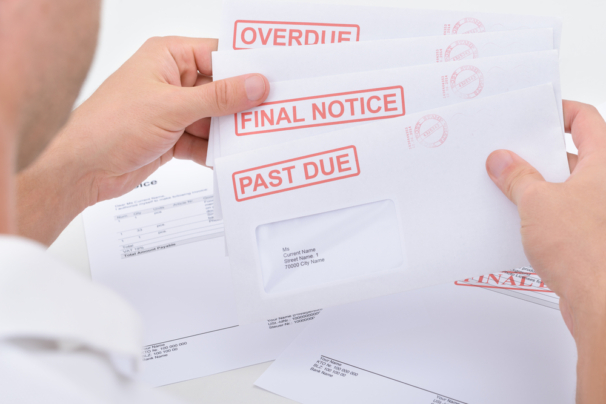

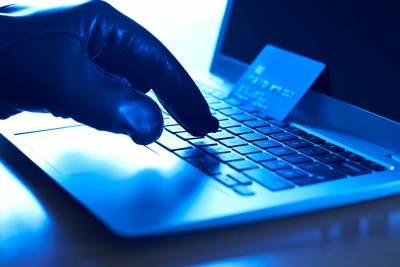
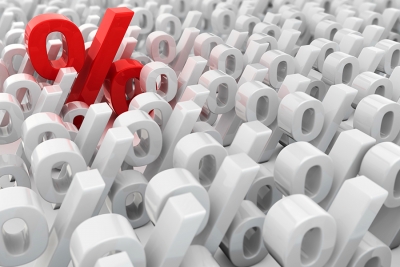

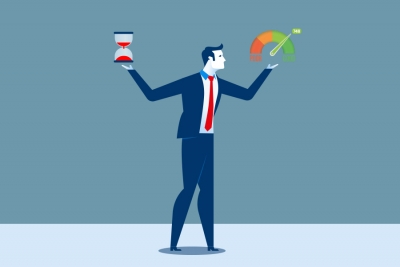
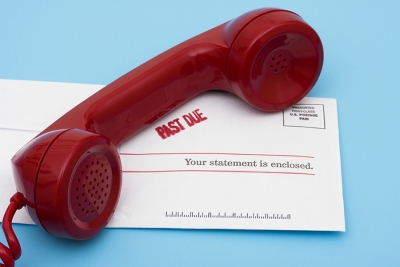


Leave A Comment